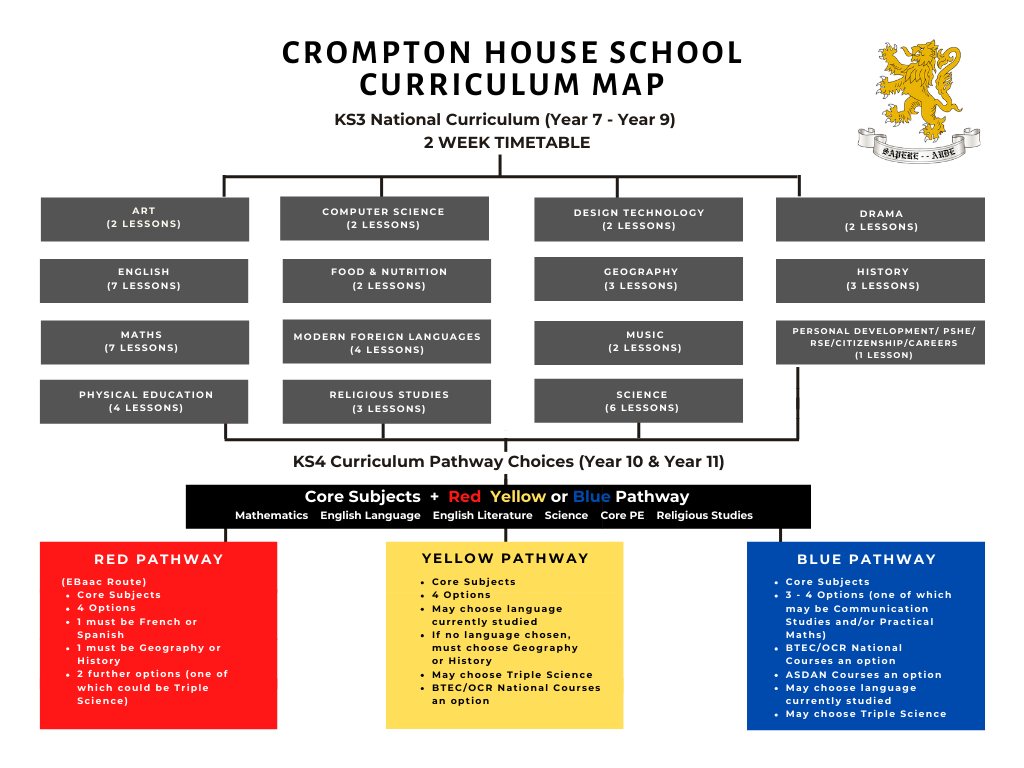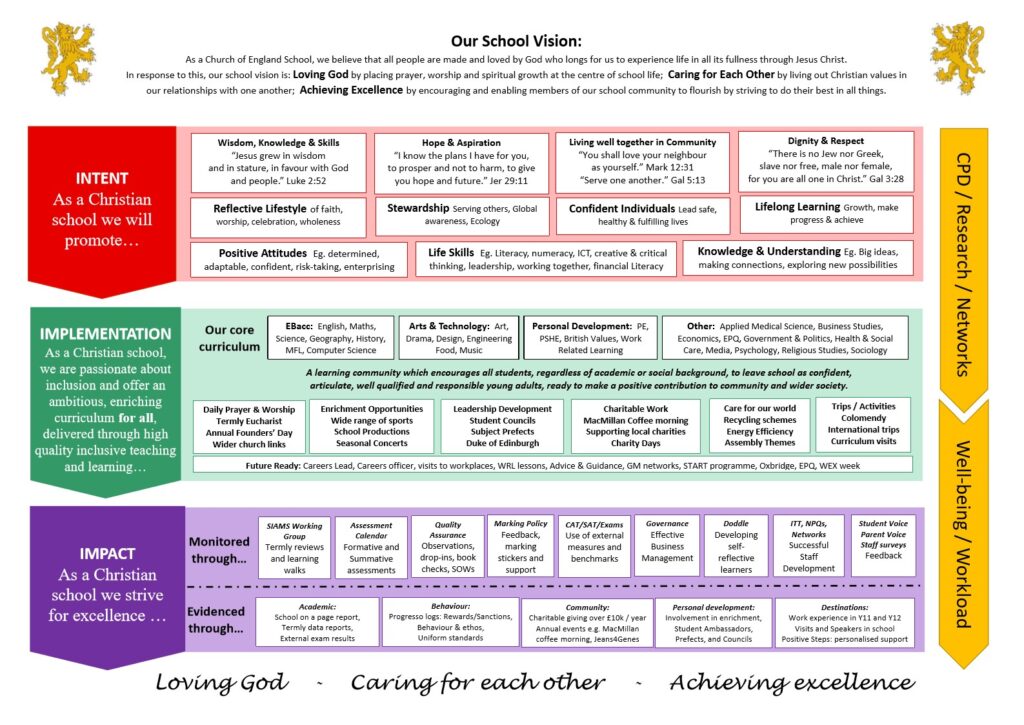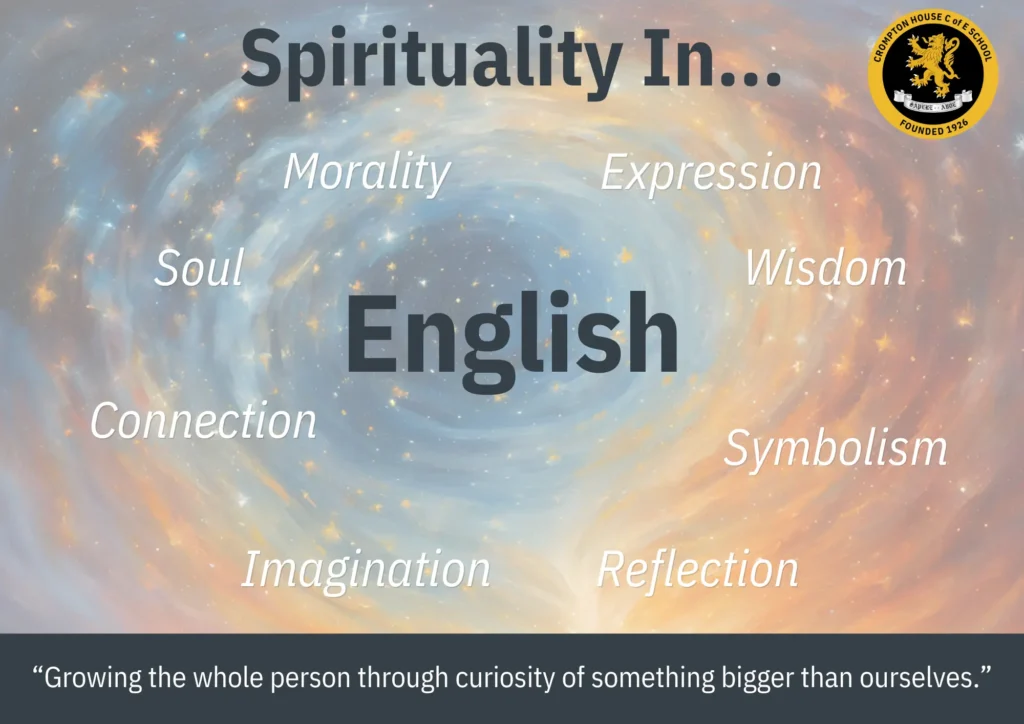Communication Studies
Communication through reading, writing and spoken language are essential lifelong skills and underpin all curricular areas. The aim of the Communication Studies course, therefore, is to build upon KS3 and KS4 English National Curriculum programmes of study within an engaging, skills-based and transactional ‘real world’ contexts for Entry Level students. As a result, students will follow the AQA Step up to English Entry Level qualification.
Entry Level Certificates are nationally recognised qualifications that give students the opportunity to achieve a certified award. The specification explicitly supports the English GCSE Language course and encourages students to develop the skills they need to read and understand a range of texts as well as to write clearly and accurately.
Students will draw upon a range of texts as reading stimuli and engage with creative as well as real and relevant contexts. Students will have opportunities to develop reading and critical thinking skills that encourage enquiry into different topics and themes.
Throughout the course, students will also have access to reading intervention programmes such as Lexia Power Up and Fresh Start Phonics, depending on need.
Within the AQA Step up to English course, long- and medium-term schemes of work are modular based reflecting the non-exam assessed nature of the course. At the end of each module, students will complete a non-exam assessment on the skills and knowledge they have been taught, testing their reading, writing, handwriting and spoken language skills. Whilst responses are produced in controlled conditions within supervised time, the total time allowed can take place over one or more sessions and within a classroom environment.
Students have access to five periods of Communication Studies over a fortnight. Three of these are focused on covering the Step up to English course content and two lessons are focused on targeted reading intervention.
Within each module students study the following:
- read, with some understanding, a range of texts, including literature and literary non-fiction as well as other writing such as letters and leaflets
- read and make comparisons between texts, explaining personal preferences where relevant
- locate and explain information or ideas from texts
- write effectively and coherently using English appropriately
- use grammar correctly and punctuate and spell accurately
- acquire and develop an appropriate vocabulary in writing and spoken language
- listen to and understand spoken language and use spoken English effectively.
Impact is measured through a range of formative and summative assessments as well as regular marking and feedback.
Students’ progress on Lexia is monitored closely and 121 intervention is provided in lessons for struggling students. In addition, a half termly reading report is produced with strengths and areas for development.






